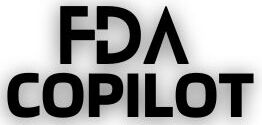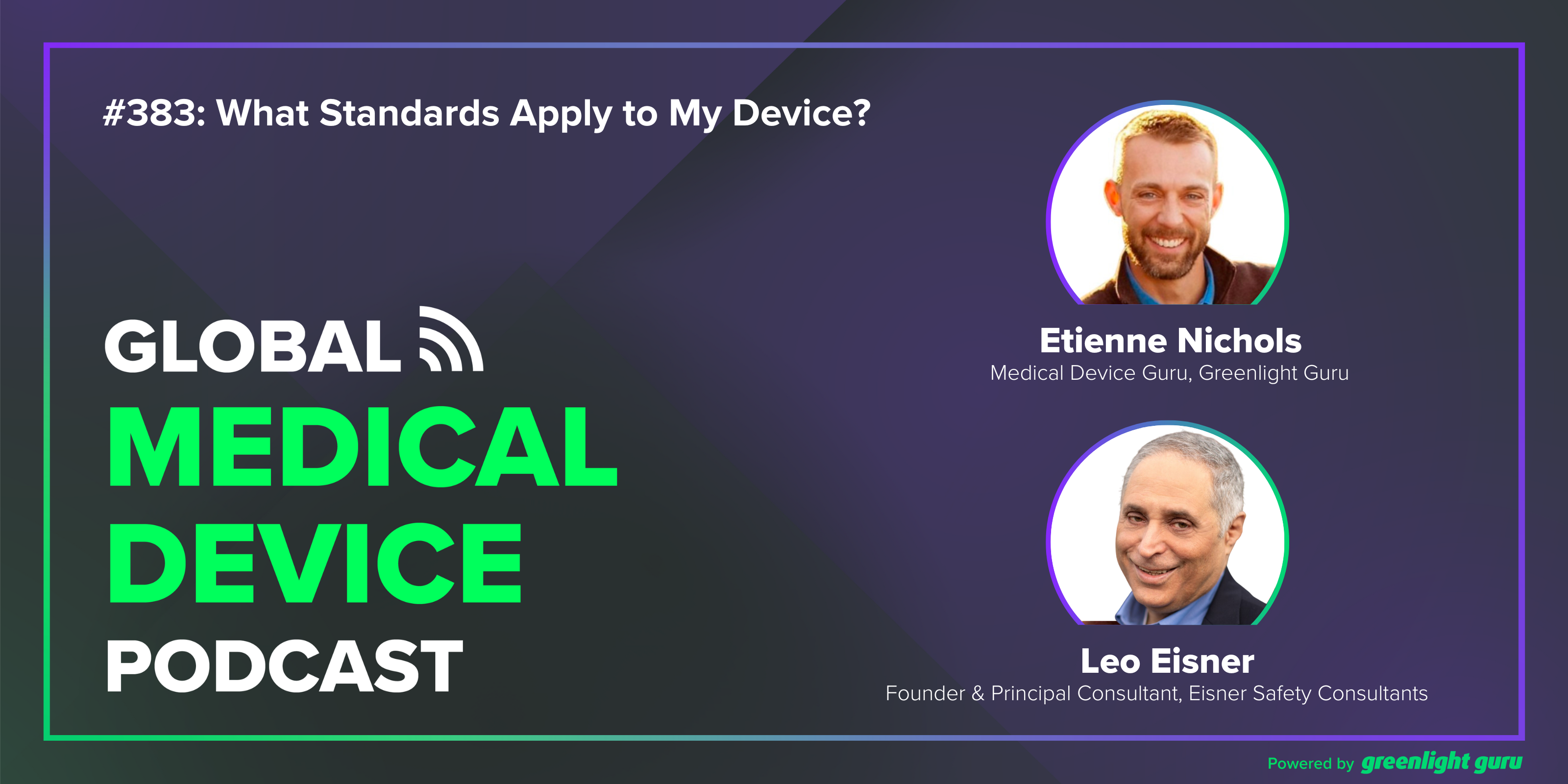In an enlightening episode of the Global Medical Device Podcast, hosted by Etienne Nichols, Leo Eisner, also known as the “IEC 60601 Guy” and the founder of Eisner Safety Consultants, delves into the critical role of standards in medical device development. Leo Eisner has cultivated a significant reputation in the industry for his expertise in medical device standards, and throughout the episode, he thoroughly discusses how these standards are foundational to ensuring product safety and regulatory compliance across global markets.
Leo begins by sharing his entry into the medical device field, which paved the way for a specialized focus on standards such as IEC 60601 and ISO 15223. Understanding and implementing these standards, he argues, are not merely bureaucratic steps but essential aspects of the design and development process that significantly enhance the safety and efficacy of medical devices.
One of the key points discussed at length is the importance of incorporating regulatory considerations early in the design and development process. Leo emphasizes that standards should be seen as crucial design inputs. He explains that seeing standards as hurdles can lead to missed opportunities in enhancing device design and functionality. By integrating these standards early on, companies can avoid costly delays and redesigns further into the development process.
The discussion further explores the variations in regulatory demands across different countries. Leo points out that each market has its unique requirements and that an early understanding of these can prevent expensive and time-consuming market entry barriers. He notes that the trend in standards is moving towards an “atomic” approach. This approach means that standards are increasingly being broken down into smaller, more specific parts, making them easier to apply within specific contexts of medical device development.
Throughout the episode, practical advice is dispensed for MedTech professionals. Leo underscores the importance of starting with a clear review of applicable standards during the initial design phase. Using the right tools is crucial, and resources like MedBoard and the FDA’s guidance database can help keep practitioners updated on the ever-evolving standards and regulations. For startups and companies that may lack in-depth regulatory expertise, Leo recommends collaborating with experienced consultants to navigate the complex regulatory landscape efficiently.
Several tools and resources are mentioned, including MedBoard for staying updated on regulatory changes, and platforms like Greenlight Guru, which offer quality management and electronic data capture solutions tailored for the MedTech industry.
Etienne Nichols and Leo also discuss the concept of consensus standards, which are developed by field experts and recognized by regulatory bodies like the FDA. While technically voluntary, adherence to these standards facilitates a smoother regulatory approval process, acting almost as a lingua franca between developers and regulatory bodies.
Toward the end of the podcast, Leo shares some final words of advice, stressing that integrating standards should not just be a checkbox process but a foundational design strategy to reduce risk and ensure market success. His parting thought underlines the ultimate goal of all these efforts—the availability of safer and more effective medical devices on the market.
Listeners are encouraged to engage with the content by leaving reviews and suggesting future topics, emphasizing the podcast’s role as a platform for ongoing learning and discussion in the MedTech field.
In summary, the episode serves as a comprehensive resource for understanding the critical importance of standards in medical device development, offering actionable insights for navigating the complicated terrain of medical device regulations aimed at facilitating the creation of safe, effective, and compliant medical products.
#Standards #Apply #Device



